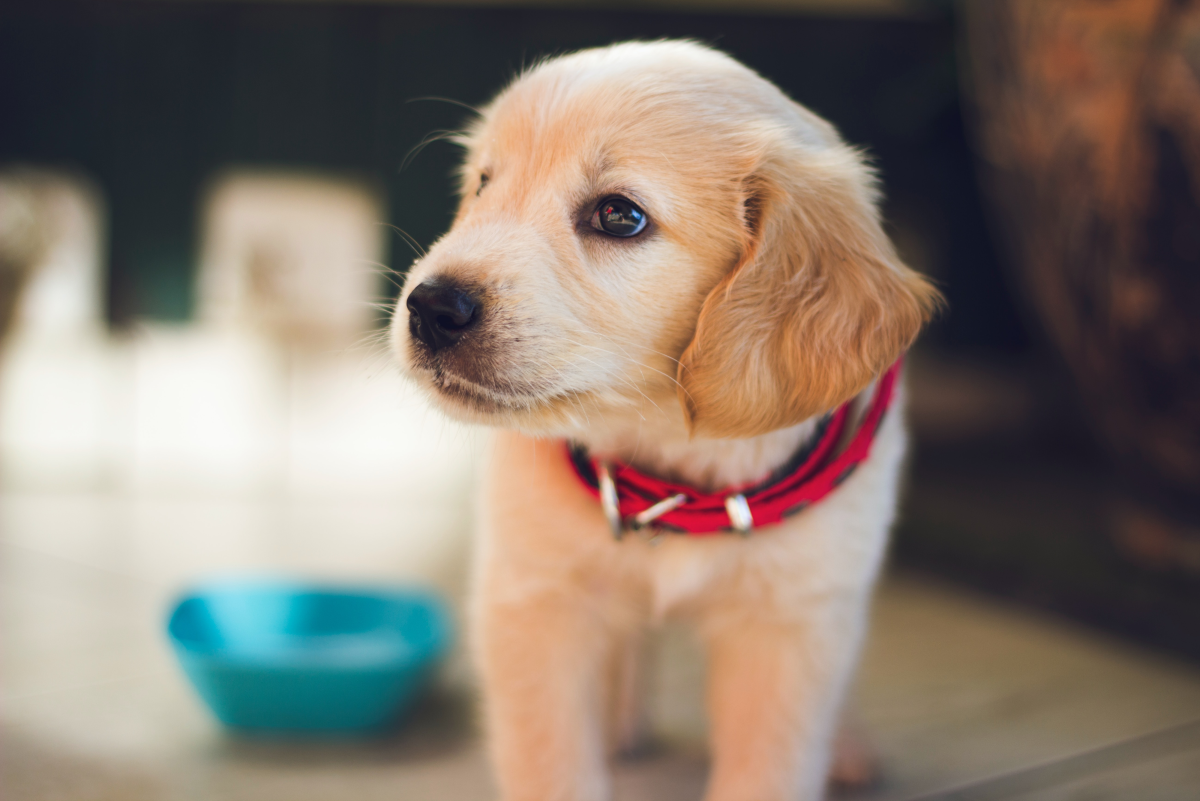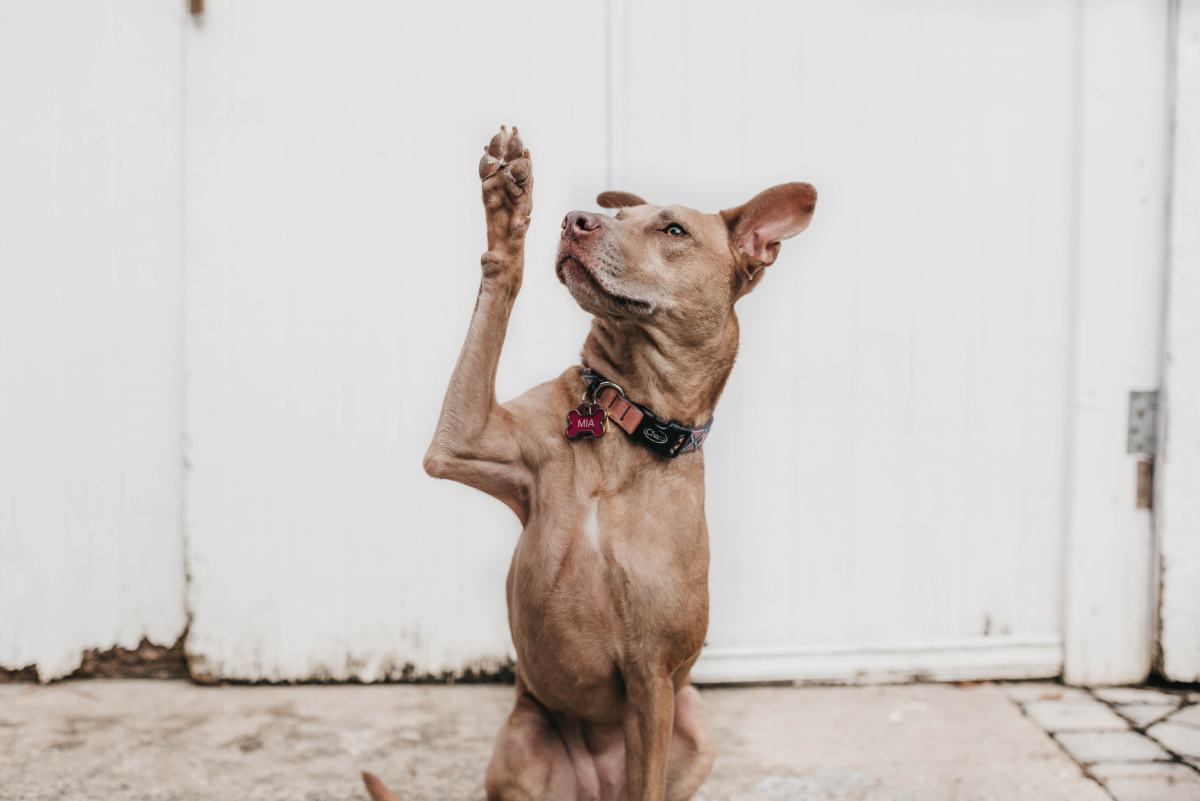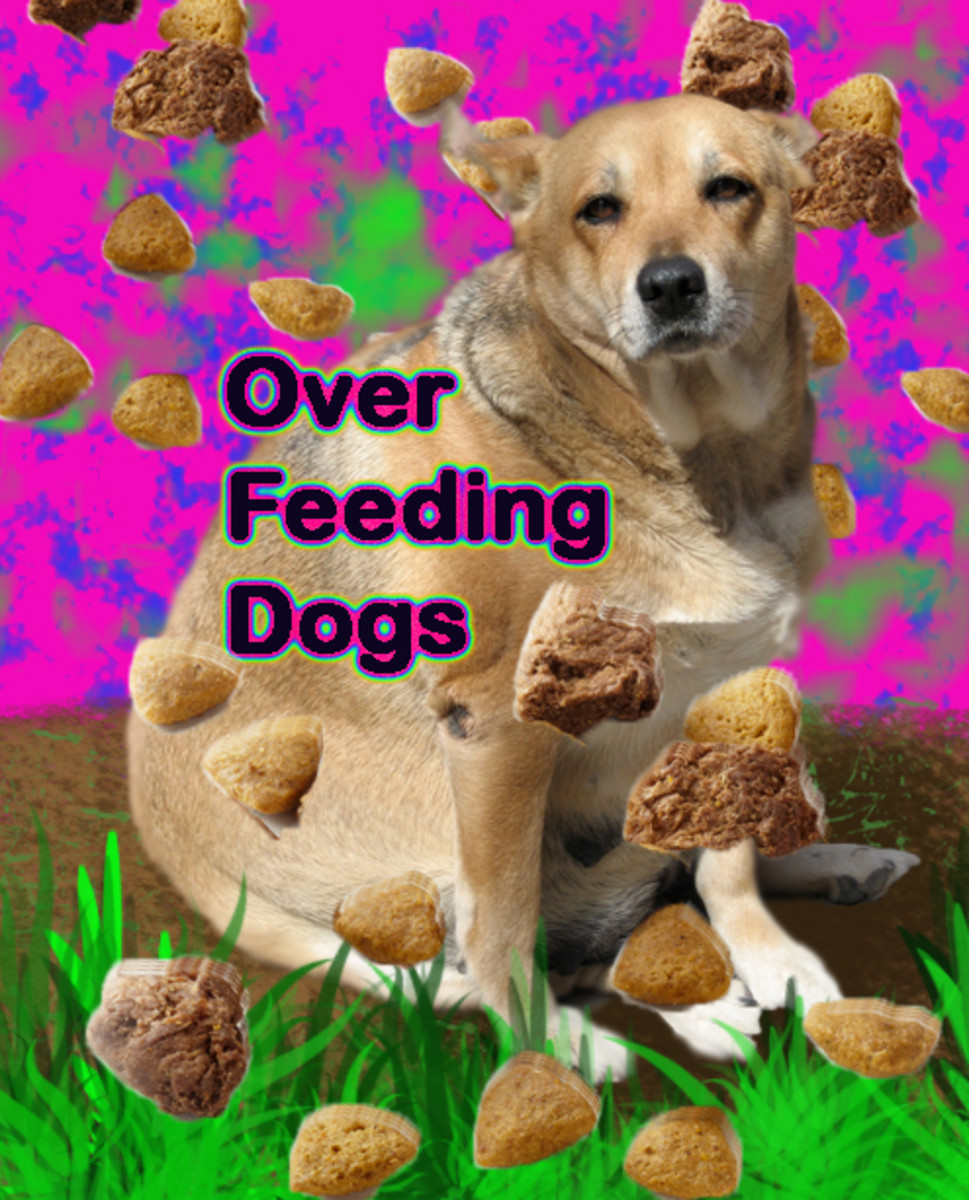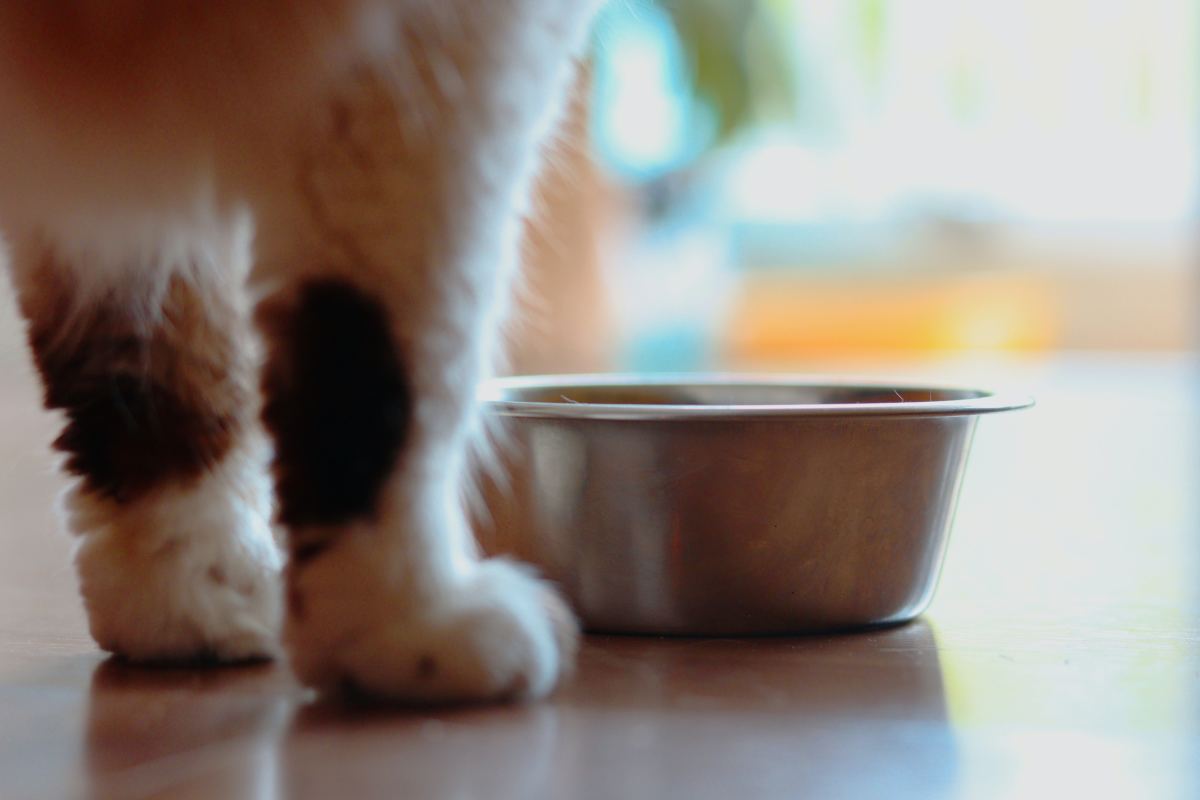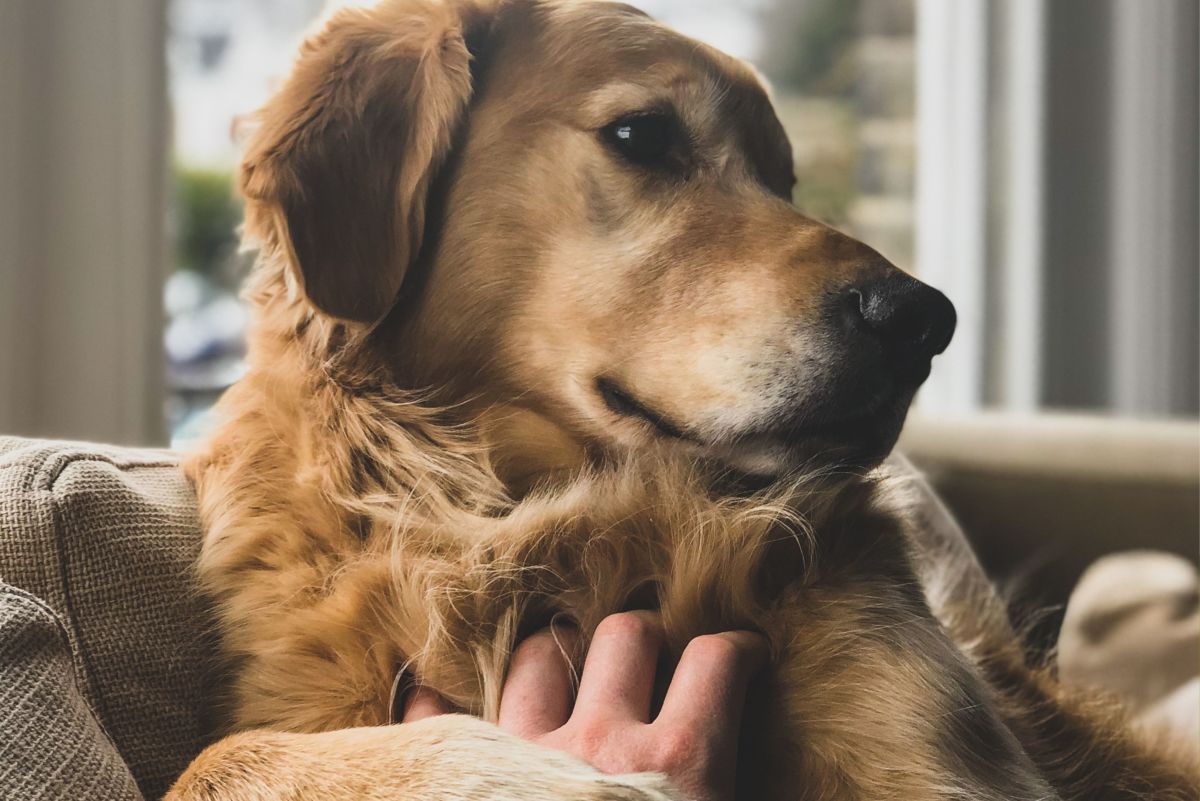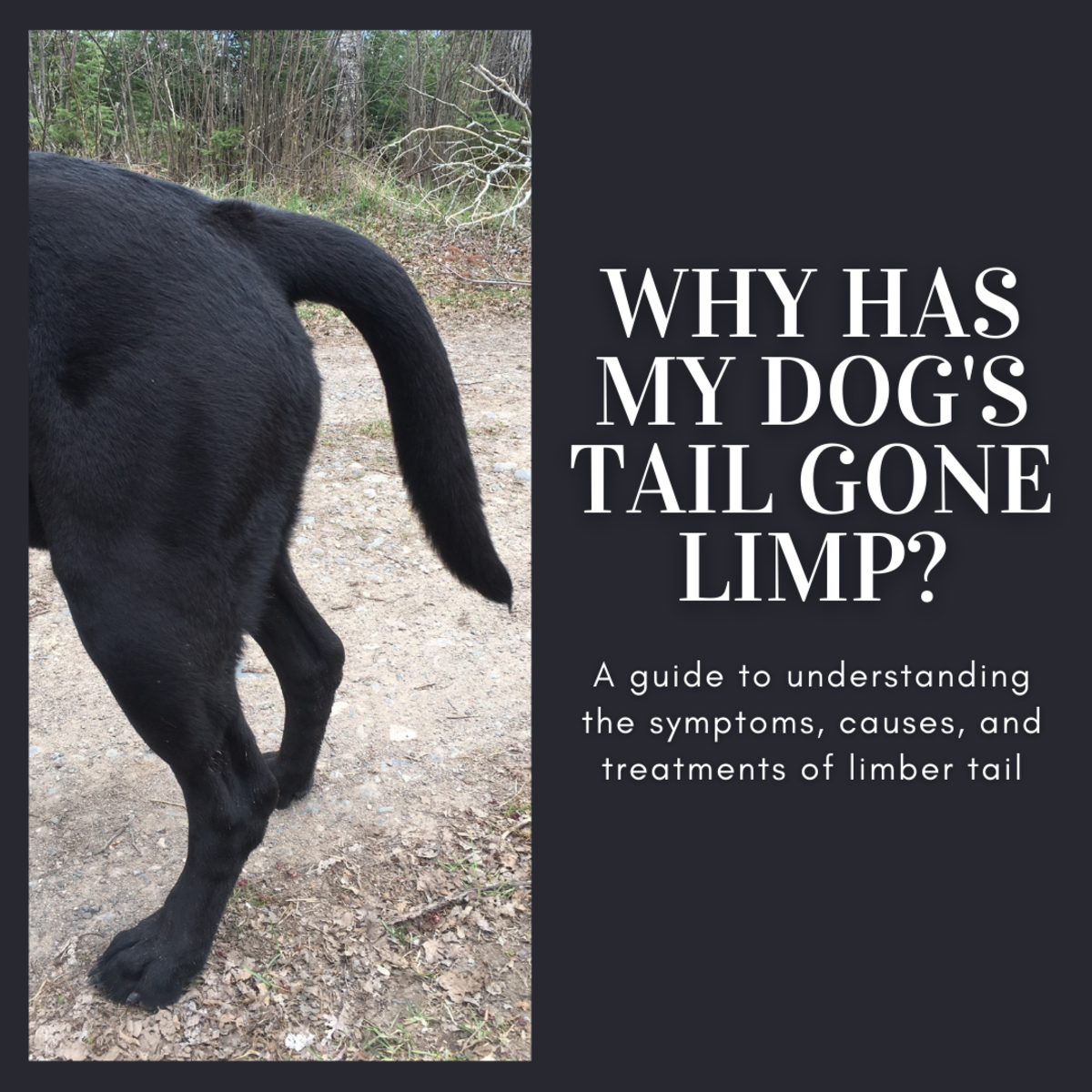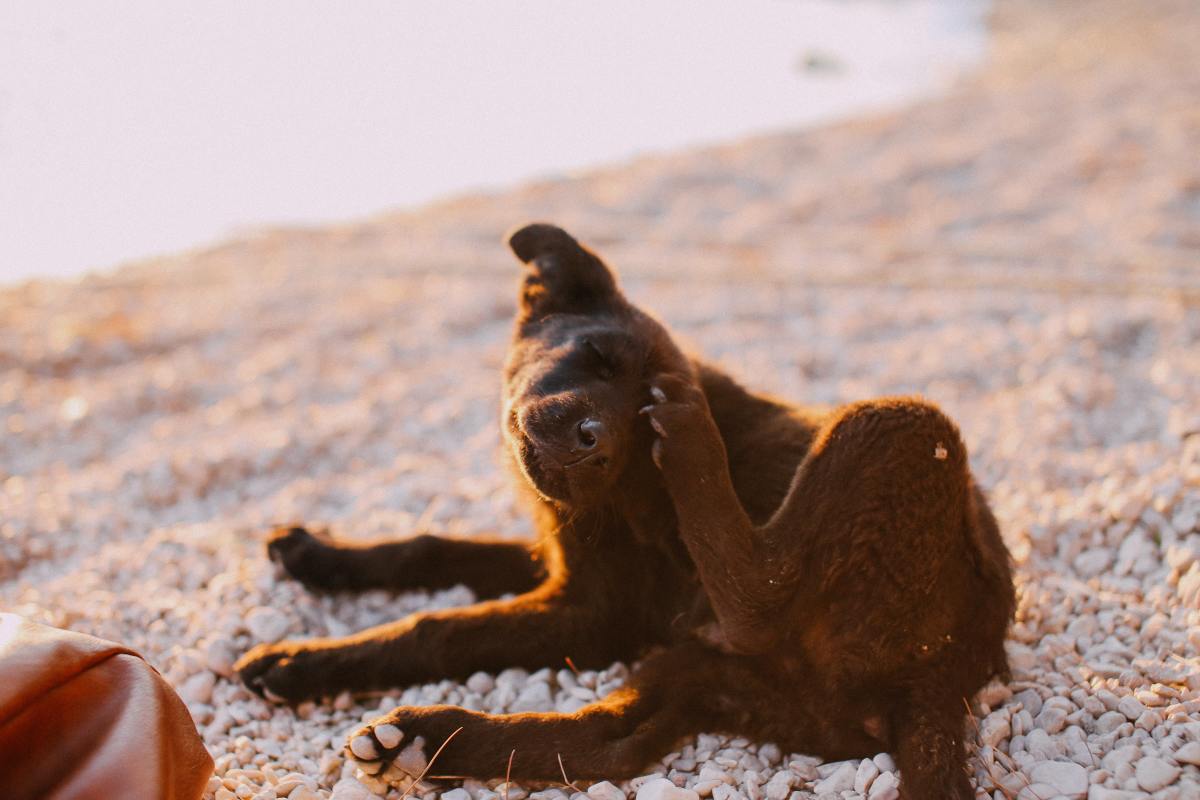Ways to help our dogs to maintain a healthy weight
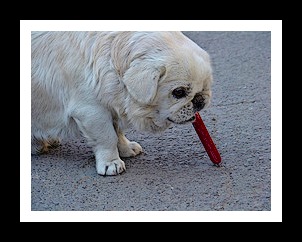

How to choose the best puppy food
Many of us have come to regard our dogs as our fur kids. It is a basic parental instinct to panic a little when our dogs, like our children, have weight or eating issues.
We panic a bit when our dogs refuse to eat. Some of us may face the opposite problem and struggle with dogs being overweight.
The cause for feeling discomfited over our underweight or overweight dogs depends largely on the situation. For as long as your dog maintains good health, there is not much reason to get flustered over his weight.

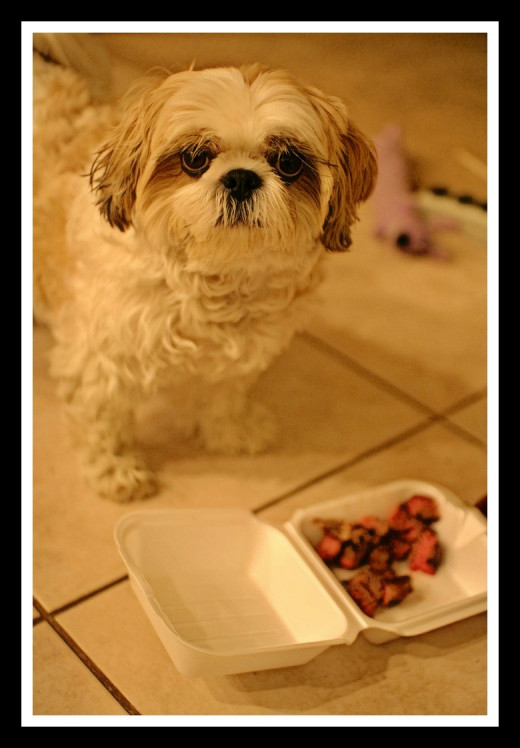
Reasons why a dog refuses to eat
We deal with, firstly, the problem of our dogs refusing to eat. There could be a number of contributing factors to a problem of poor canine eating habits.
Illness
As it does for humans, illness would cause a lack of appetite for dogs. If a dog who has a great appetite suddenly refuses to eat, it could well be because he is not feeling too well.
Pickiness
If you have children or have come across children who are choosy about food, this applies to canines too.
I noticed this about my dogs Cloudy and Misty. They are quite choosy about the brand of dog food that I feed them and only go for certain ones. Pickiness could be a problem that turns a dog away from food.
Vaccination
If you have a puppy who has been vaccinated recently, you might find that he might not want his food. Vaccines can cause a little sluggishness and lack of appetite in humans and do so in dogs as well.
Unfamiliar surroundings
Those of us who have moved house or gone traveling with their dogs might find that their dogs may feel insecure about their new environment. That insecurity might dampen their appetites.
This is true of my West Highland White Terrier, Cloudy. She refuses to eat when something new is introduced to the environment. When I shift the food bowl to another area, she decides not to have her meal for the day.
Lower Metabolic Rate
Being considerably smaller, dogs have amazingly smaller nutritional needs and metabolic rates than humans. It is not surprising that a dog can go for two or even three days without food.
If your dog does not want to eat, try not to panic just yet. He may just be feeling a little full.

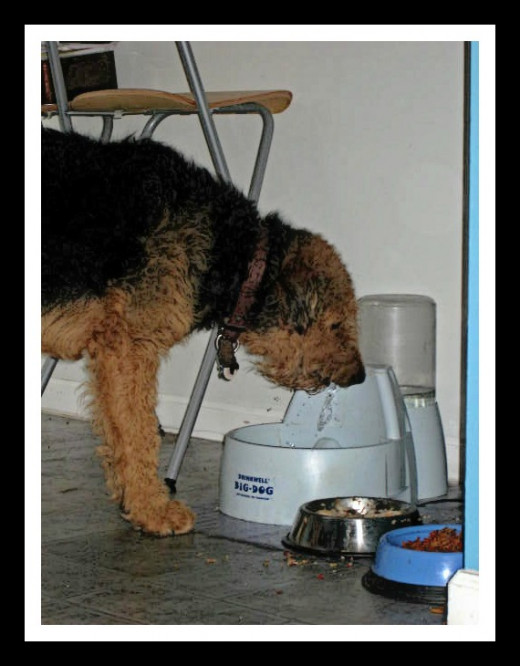
What can I do if my dog refuses to eat?
When your dog refuses to eat, there are some things a frustrated owner can do to lessen, if not eliminate the problem.
Eliminate possible reasons for not eating
When you notice your dog not eating, try to rule out reasons of illness and unfamiliar surroundings first. Consider if you have recently changed his diet and that he is not reacting well to the new food.
If you have determined that it is illness that is causing a loss of appetite and doggy frustration, take a trip to the vet. If his lack of appetite is a result of being within an unfamiliar environment, allow him some time to adjust to his new surroundings or feeding routine.
Provide your dog with a distraction free area
Sometimes a dog refuses to eat when there are distracting noises that grab his attention. Provide him with a distraction free area that will allow him to eat in peace and focus on his food.
Re-evaluate what you are feeding your dog.
When your dog refuses to eat, it could be because he simply has no liking for the food that is being given. In this case, wait for your pet to be a little hungrier and more willing to eat, or assess the food you are providing to see what is in it that might be a little uncomfortable for the dog.
Overcome pickiness
If you have determined that your dog is picky about food,it is time for him to overcome that fussiness. That can be done in several ways:
- Cutting back on treats
- Following a regular feeding schedule
- Making mealtime fun eg. getting your dog to perform a trick for a treat
- Changing his feeding situation

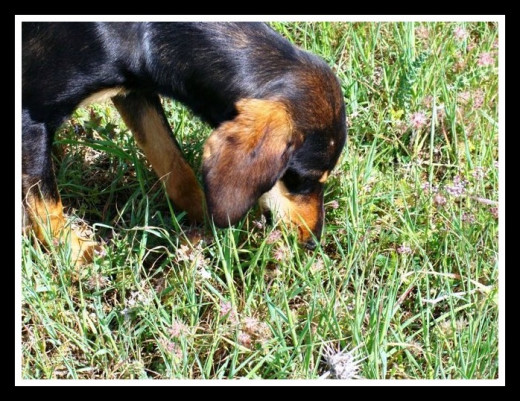
Overfeeding your dog
We have discussed the problem of a dog not eating. There is, of course, the opposite problem of canine obesity.
At least 50% of cats and dogs in the U.S. are overweight. If you cannot feel your dogs ribs and do not see his waist, he is very likely to be obese.
Studies have shown that overweight dogs are likely to suffer from a number of diseases:
- Hyperthyroidism
- Oral Disease
- Diabetes
- Pancreatitis
- Cancer
- Arthritis
So what are the greatest causes of obesity in dogs?
Imbalance of food and calorie intake
The ideal number of times to feed a dog is twice a day, with a bowl that is not too full. A good way to decide how much to feed your dog is to base it on its metabolic weight. This is a link to a dog food calculator and included instructions that might help.
Owners overfeeding on treats
We all love our dogs, and are likely to show our affection for them by giving them too much of the food they love, like jerkies and treats of other kinds. Over feeding on treats causes significant weight gain in dogs.
Age and activity level
In general, more senior dogs tend to be less active than their younger counterparts. I notice this whenever I walk my dogs, Misty and Cloudy. I have difficulty walking them both at once because the more rambunctious Cloudy would romp forward all the time while the more languid and much older Misty would want to move at a lower pace.
Obviously, dogs with a lower activity level like Misty would need far less food than dogs like the far younger and more active Cloudy. A dogs age and activity level plays a part in determining how much food you should feed your dog.
Smaller calorie needs of dogs
Being generally much smaller in size and lighter in weight than humans, a dog has smaller calorie needs. It is quite unsurprising to find a dog which is not hungry even when he has not eaten for a day.
Dogs therefore need less food than humans do. Loading their food bowls with as much food as you would feed yourself would be a tad much.
Not enough exercise
Just as humans do, dogs need regular exercise and walks. Obesity creeps in when this daily need is neglected.

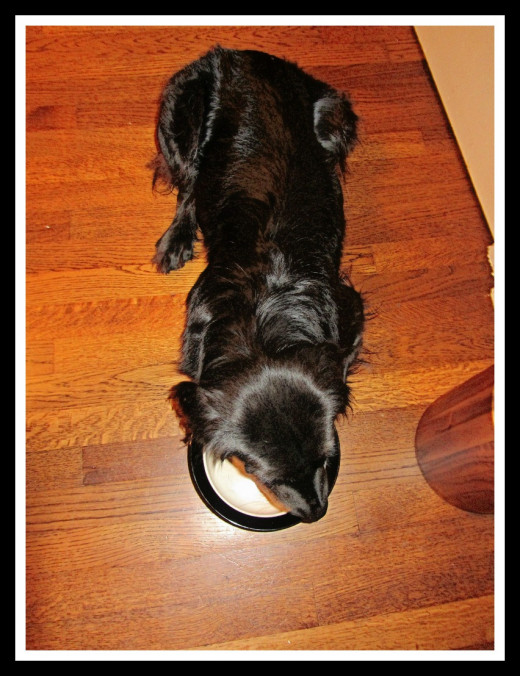
Overcoming canine obesity
Overcoming canine obesity can be a significant challenge. So what are the things we should note while trying to help our dogs battle excess fat?
Rule out illness
Illness can cause weight gain in dogs. My dog, Misty, had a seizure that resulted in an increase of appetite and a little weight gain that we are conquering by reducing his or her food intake.
Reduce the amount of food
For as long as a dog’s intake exceeds its calorie needs, it will be prone to weight gain. Simply reducing the amount of food a dog takes in if it is overweight is a step to take to eliminate or lessen the problem.
Exercise your dog
Agility exercises not only stimulate a dogs mental activity but help in weight control as well. Taking your dog to dog runs or putting him through agility activities and lessons helps maintain a healthy weight.
If time to take your dog to these runs is a little limited, make time to bring him on a daily walk. It helps to fulfill his need for a stretch and weight control too.
Conclusion
I would like to thank the fabulous writers who answered the question “How often should we feed our dogs?” Do make the time to check each of these great pensmen and women out!
A dog’s weight is the key to its long and healthy life, much as it is for ours. Do take care to ensure that a healthy balance of weight and activity is maintained.

Other hubs on dogs by Michelle Liew
- Cleaning a dog’s ears - the whys, whats and the ho...
Every dog owner has problems cleaning his dog's ears - here are some reasons why dogs should have their ears cleaned and the steps one should take in cleaning them. - How to communicate with your dog and interpret the m...
On how your canine communicates through its eyes, ears and facial expressions. We should also be careful of the messages we are sending our dogs! - Warning signs of neurological disorders in canines -...
How do you know if your dog has a neurological disorder? This article aims to help owners spot signs of neurological problems in dogs, coming from the author's own experience. What are the neurological disorders that bother dogs? - Unsuitable food for dogs, cats and rabbits : how to ...
This hub discusses pet nutrition and choosing the right food for your pet. - Things to consider when adopting a dog:rescuing dogs...
An article on the things to consider when adopting a dog. - The ways dogs make a difference to our lives: variou...
An article on how dogs can make a difference in many ways and preparing a dog as a service dog. - Therapy dogs and improving emotional states
Showcasing the very good work of Therapy Dogs, more than man's best friend. Is your dog a suitable therapy dog? - Managing eye conditions in dogs:symptoms,types,cause...
This is an article on the common eye problems in dogs and their causes, symptoms and treatments. - Causes of skin disorder in dogs:symptoms, types and ...
What are the symptoms, causes and types of skin diseases in dogs? Which breeds usually experience them?

